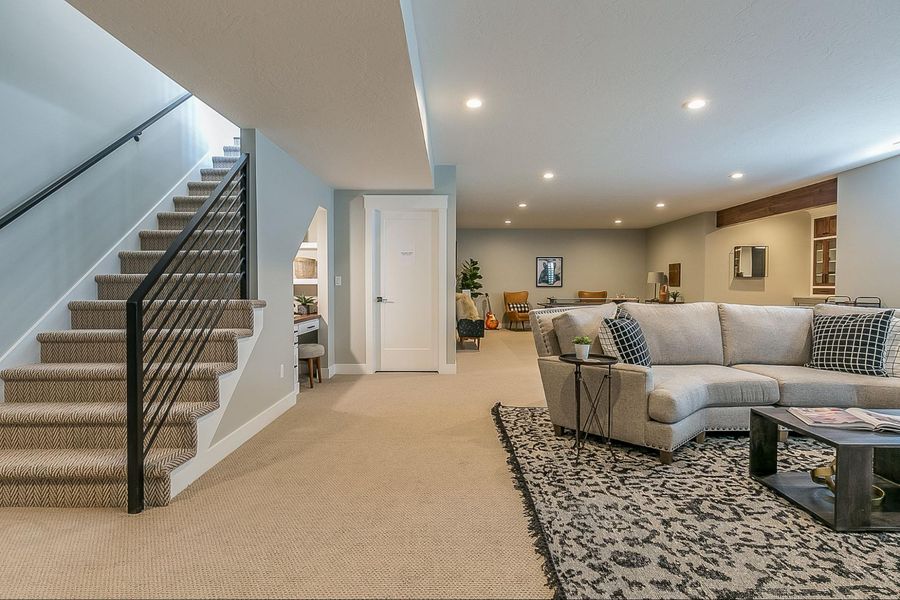Forget condo rentals, says the president of the Mississauga Real Estate Board, there’s a much better investment opportunity out there.
“There’s more opportunity for investment in Mississauga’s semi-detached market because they’ve come up considerably and they’re gaining on Toronto’s semis,” said Mike Ursini, who’s also a broker with Better Homes and Gardens Real Estate Signature Service. “You have the potential for two incomes. You can buy a condo for $700,000 or you can buy a semi for $1 million, and the rent you collect just off the basement apartment covers a mortgage of $350,000 to $400,000. In a semi, you have two incomes, and today with COVID, if one tenant can’t pay rent that month, at least the other one can.”
Semi-detached homes in Mississauga average about $974,000, and unlike with a condo, there aren’t maintenance fees to be paid on top of the mortgage. If a semi were purchased for $1 million with a 25% down payment, the interest would be $12,000 a year on a fixed mortgage, and rental income from the upstairs unit would come to about $2,500 and the basement would yield around $1,800.
“That’s $4,300 a month, and when you multiply that by 12, that’s $51,000 a year,” said Ursini. “Interest is $12,000 a year and the mortgage payment is about $1,100 a month, so it carries beautifully.”
Mississauga, one of the largest cities in Canada, is replete with neighbourhoods where semis can be had for prices that would still command good rental income. The city centre, roughly bordered by Highway 10 to Tomken and Burnhamthorpe to Rathburn, had detached homes selling for roughly $1.5 million in March, but they don’t make as much sense as semis do for rental properties.
“You can buy homes with two incomes, but detached homes aren’t as convenient because they’re two-storey homes and all the bedrooms are upstairs, whereas semis tend to be bungalows or backsplits, although usually the former,” said Usiri.
“Mississauga has a program to retrofit semis to make them legal apartments. An inspector lets you know what you need—you might need a steel door, a fire alarm—so that it passes safety regulations with the fire department, and the City of Mississauga puts it in writing that it’s a legal apartment.”
Neil Sharma is the Editor-In-Chief of Canadian Real Estate Wealth and Real Estate Professional. As a journalist, he has covered Canada’s housing market for the Toronto Star, Toronto Sun, National Post, and other publications, specializing in everything from market trends to mortgage and investment advice. He can be reached at neil@crewmedia.ca.








